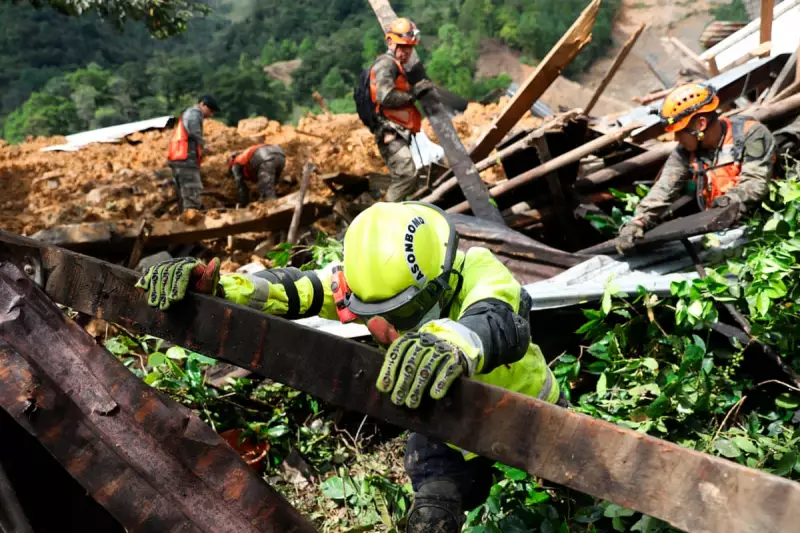
New York City is facing an unprecedented climate-driven exodus as relentless flooding and extreme weather events transform the urban landscape, forcing residents to make heart-wrenching decisions about their future in the metropolis.
The Rising Tide of Departures
Once considered occasional nuisances, coastal flooding has become a regular disruptor of city life. Subway stations now frequently resemble waterfalls, basement apartments stand perpetually flooded, and businesses in low-lying areas operate under constant threat of water damage. The frequency of these events has accelerated dramatically, leaving many residents questioning how much longer they can endure.
Wealth Leads the Retreat
Data analysis reveals a troubling pattern: those with financial means are increasingly voting with their feet. Wealthier neighbourhoods along vulnerable coastlines are seeing the highest departure rates, creating what experts term 'climate gentrification in reverse.' Meanwhile, lower-income communities find themselves trapped by economic circumstances, facing the worst impacts without escape routes.
A Doctor's Difficult Decision
Dr Annette Johnson, who recently relocated her family from Brooklyn to upland New York, shared her family's struggle. "After the third flood in eighteen months destroyed our ground-floor clinic, we realised we were fighting a losing battle," she explained. "The emotional toll of constantly rebuilding became unbearable."
Infrastructure Under Siege
The city's ageing infrastructure is buckling under the strain. Transportation networks, power systems, and wastewater treatment plants designed for a different climate reality are failing with alarming regularity. Emergency services report being overwhelmed during severe weather events, with response times stretching to dangerous lengths.
The Economic Toll
Business losses are mounting exponentially. Small enterprises in flood-prone areas face insurance premiums that have tripled in some cases, while others cannot secure coverage at any price. The cumulative economic impact threatens to reshape the city's commercial landscape permanently.
A Glimpse of Britain's Future?
While focusing on New York, this crisis offers sobering lessons for coastal cities worldwide, including British communities from London to coastal Cornwall. The patterns emerging in New York—disproportionate impact on vulnerable communities, infrastructure failure, and economic disruption—could preview challenges facing UK coastal cities within decades.
Climate scientists warn that what we're witnessing in New York represents just the beginning of a global trend of climate-driven urban transformation. The question is no longer whether cities will change, but how we can manage that change equitably and sustainably.





